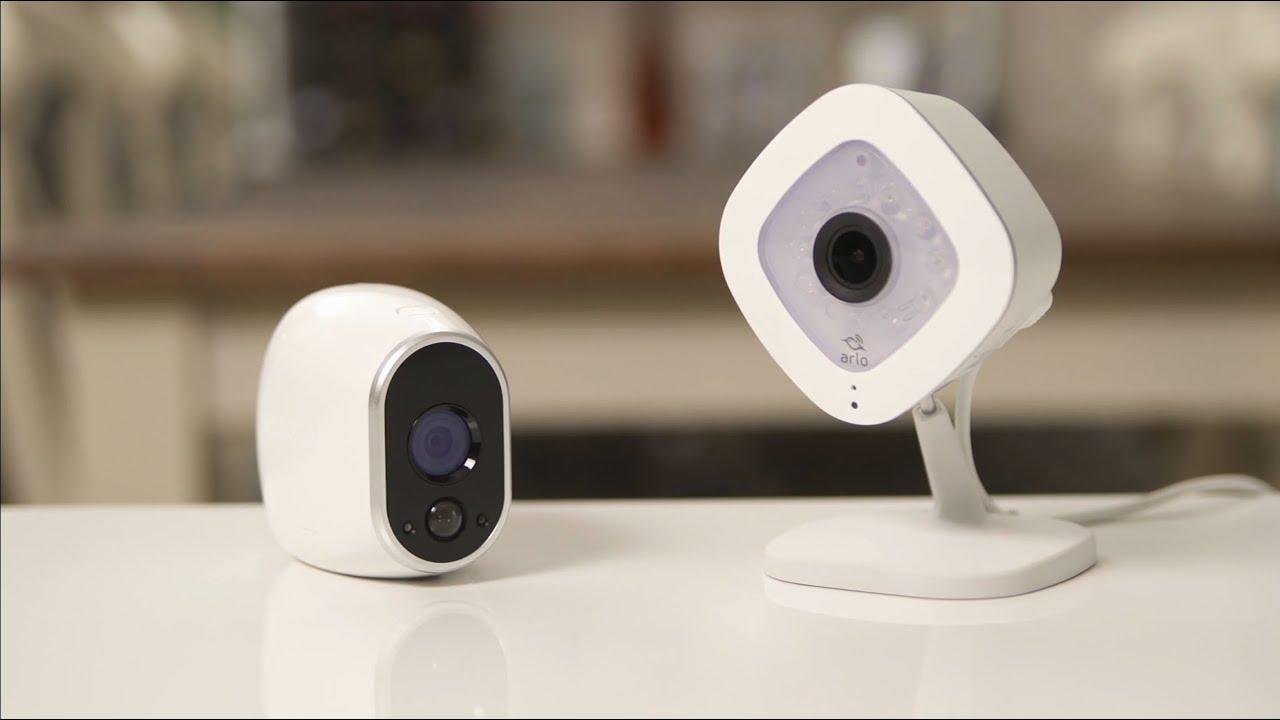The Innovative and Upcoming Advances in Solar Technology
As the world continues to search for cleaner and more sustainable energy sources, solar power remains one of the most promising options. Over the past few years, we have seen significant advances in solar technology, making it more efficient, cost-effective, and accessible than ever before. This blog post will explore the latest advances in solar technology and what we can expect shortly. It has come a long way in recent years, with technological advancements increasing efficiency and affordability. The use of solar solutions in Pakistan has also become more widespread as people look for alternative sources of energy that are less harmful to the environment. Let’s explore the latest advances and innovation in solar technology, from improvements in solar panels to new applications for solar power.
Improvements in Solar Panels
The significant advancements in solar energyhas been in the efficiency of solar panels. Traditional solar panels could only convert around 15% of the sun’s energy into usable electricity. However, new advancements have increased the efficiency of solar panels to approximately 20%. Some companies have even developed solar panels that convert up to 40% of the sun’s energy into electricity. These advancements have made solar panels more attractive to consumers, as they can now generate more electricity using fewer panels. This has also helped to reduce the overall cost of solar power, making it a more accessible option for homeowners and businesses.
Battery Storage
The challenges of solar power have been storing the energy generated by solar panels. While solar panels can generate electricity during the day, they cannot at night or during periods of low sunlight. This has made relying solely on solar power for energy needs difficult. However, advancements in battery technology have helped to address this issue. Energy storage systems, such as lithium-ion batteries, have become more affordable and efficient. These batteries can store excess solar solution during the day, which can be used to power homes and businesses at night or during periods of low sunlight.
Solar-Powered Cars
Solar power is not just limited to powering homes and businesses. It is also being used to power vehicles. Solar-powered cars are becoming more common, with several companies developing cars that run entirely on solar power. These cars use solar panels to generate electricity, storing in batteries, and powering the vehicle’s electric motor. While these cars are still in the early stages of development, they have the potential to revolutionize the transportation industry and significantly reduce our reliance on fossil fuels.
Solar-Powered Water Purification
Access to clean water is a significant problem in many parts of the world. However, advancements in solar technology have led to the development of solar-powered water purification systems. These systems use solar power to purify water, making it safe for drinking and other uses. Solar-powered water purification systems are particularly useful in remote areas with limited access to clean water. They are also more affordable and sustainable than traditional water purification methods, which often require chemicals and electricity.
Solar-Powered Agriculture
Solar power is best suitable to improve agricultural practices. Solar-powered irrigation systems are becoming more common, allowing farmers to irrigate their crops without relying on electricity or fuel-powered pumps. Additionally, solar-powered greenhouses have developed, which use solar power to maintain a consistent temperature and humidity level. This helps improve crop yields and reduce the water needed for irrigation.
Future Advances in Solar Technology
While the latest advancements in solar technology are impressive, there is still much room for growth and innovation. One area of focus is the development of new materials for solar panels. Researchers are exploring the use of materials such as perovskites, which have the potential to be more efficient and cost-effective than traditional silicon-based solar panels.
Another area of focus is integrating artificial intelligence (AI) into solar technology. AI can optimize solar panels’ efficiency by adjusting the panels’ angle and orientation based on weather patterns and the sun’s position. Researchers are also exploring using solar-powered drones for various applications. It includes monitoring crops, mapping land, and providing internet access in remote areas.
Final Words
Solar technology has come a long way in recent years, with advancements in efficiency, affordability, and accessibility. These advancements have helped make solar power more attractive for consumers and businesses. It helps in reducing the carbon footprint and energy costs. The future of solar technology looks promising, with ongoing research and development focused on improving efficiency, storage, and integration with other technologies. As we continue to explore the possibilities of solar power, it is clear that it will play a significant role in the transition towards a more sustainable and environmentally friendly energy system.



